The compound which is not resonance stabilised
CH2=CH−Cl
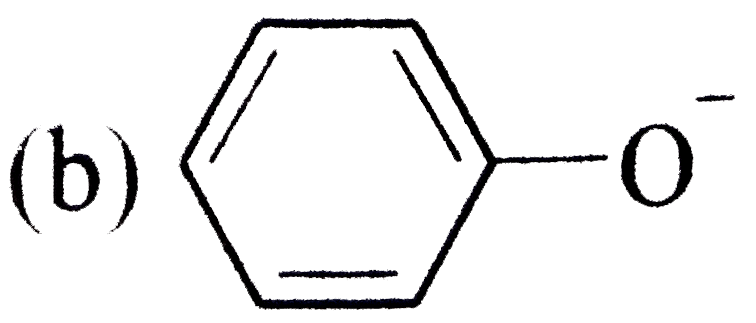
CH2=CH−CH2−Cl
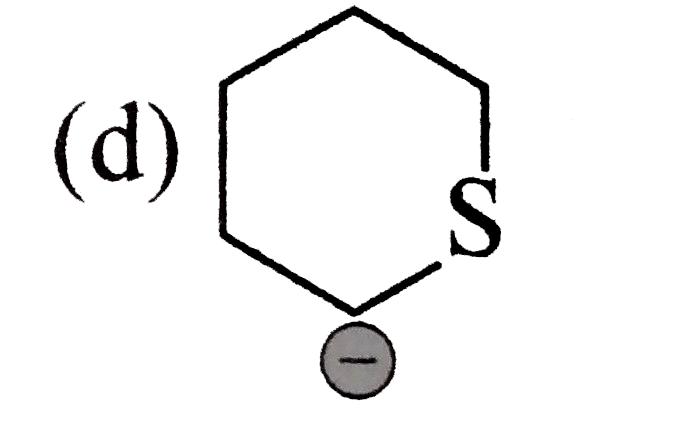
The correct Answer is:C
There is conjugation in A,B,D but not in C.
Topper's Solved these Questions
- BOOK - A2ZCHAPTER - SOME BASIC PRINCIPALS OF ORGANIC CHEMISTRYEXERCISE - Acid And Basic Strength29videos
SOME BASIC PRINCIPALS OF ORGANIC CHEMISTRY
- BOOK - A2ZCHAPTER - SOME BASIC PRINCIPALS OF ORGANIC CHEMISTRYEXERCISE - Bond Fission, Reagents, Reactive Intermediates And Their Stability31videos
SOME BASIC PRINCIPALS OF ORGANIC CHEMISTRY
- BOOK - A2ZCHAPTER - SOME BASIC CONCEPTS OF CHEMISTRYEXERCISE - Section D - Chapter End Test30videos
SOME BASIC CONCEPTS OF CHEMISTRY
- BOOK - A2ZCHAPTER - STATES OF MATTEREXERCISE - Section D - Chapter End Test30videos
STATES OF MATTER
Similar Questions
Knowledge Check
- Question 1 - Select One
Which of the following compound is not resonance stabilized ?
A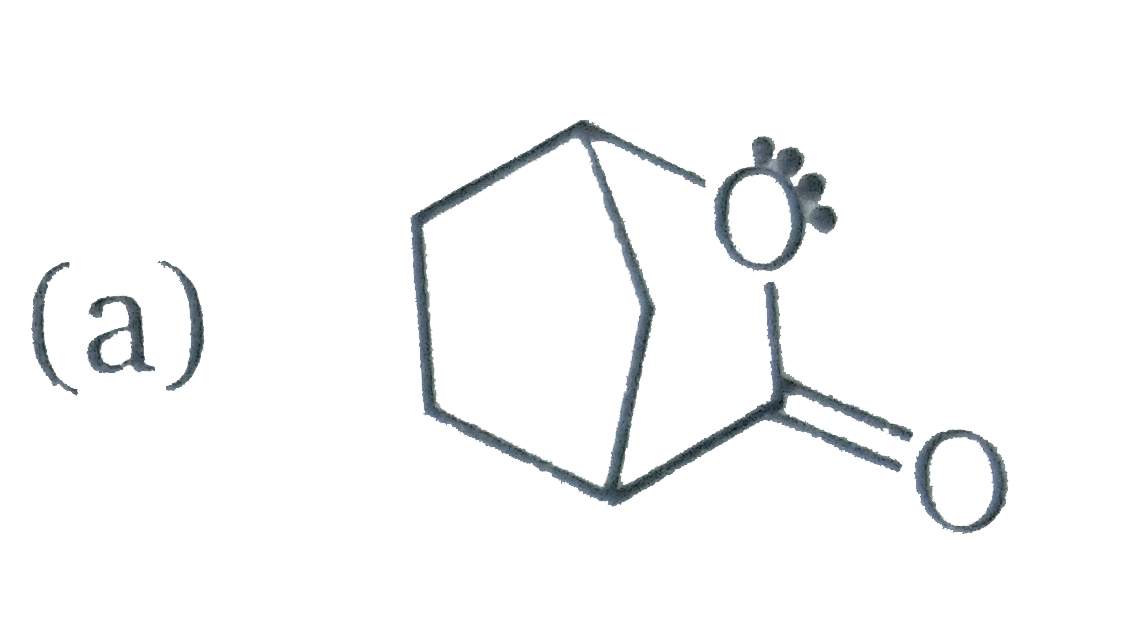 B
B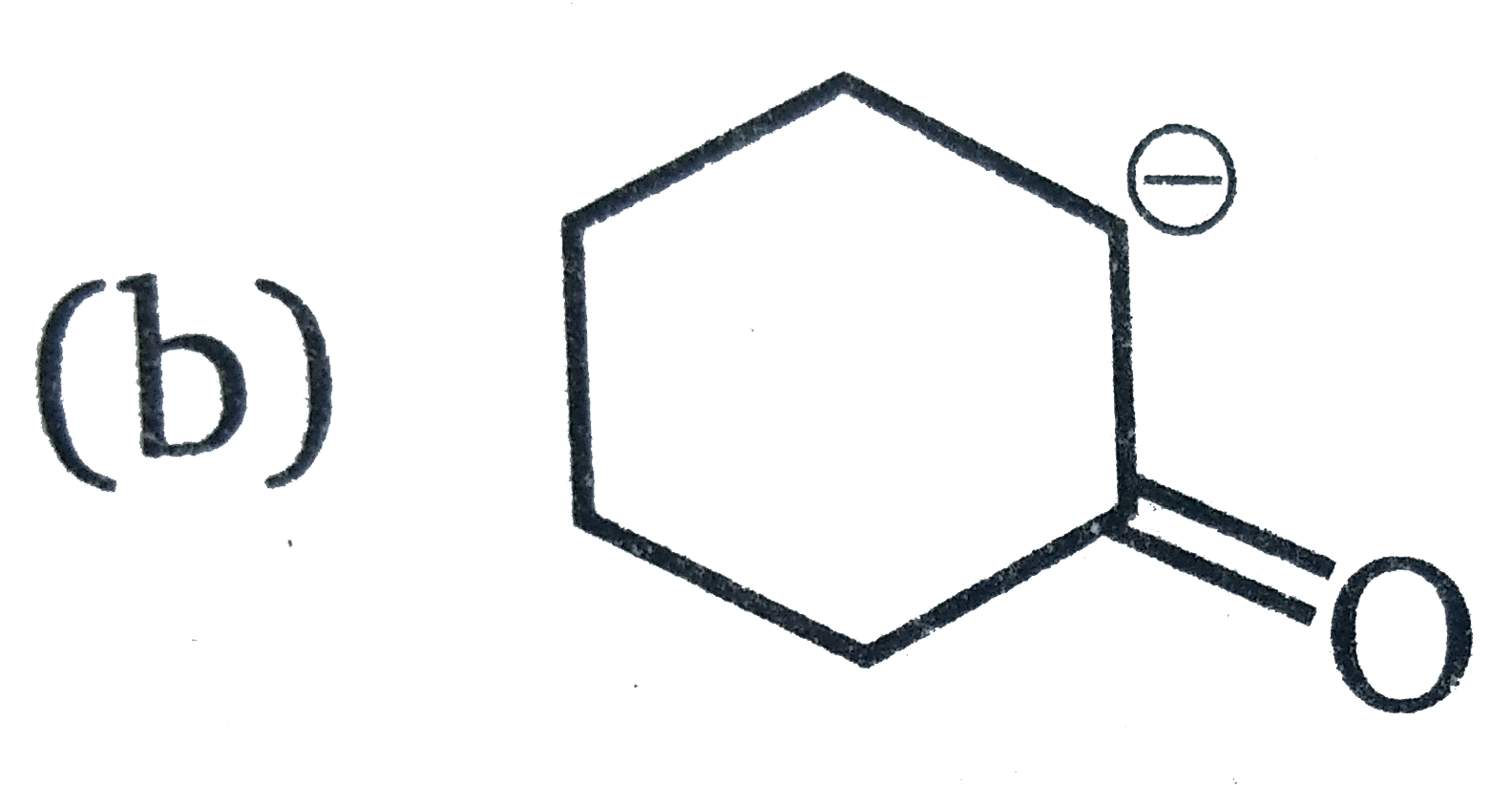 C
C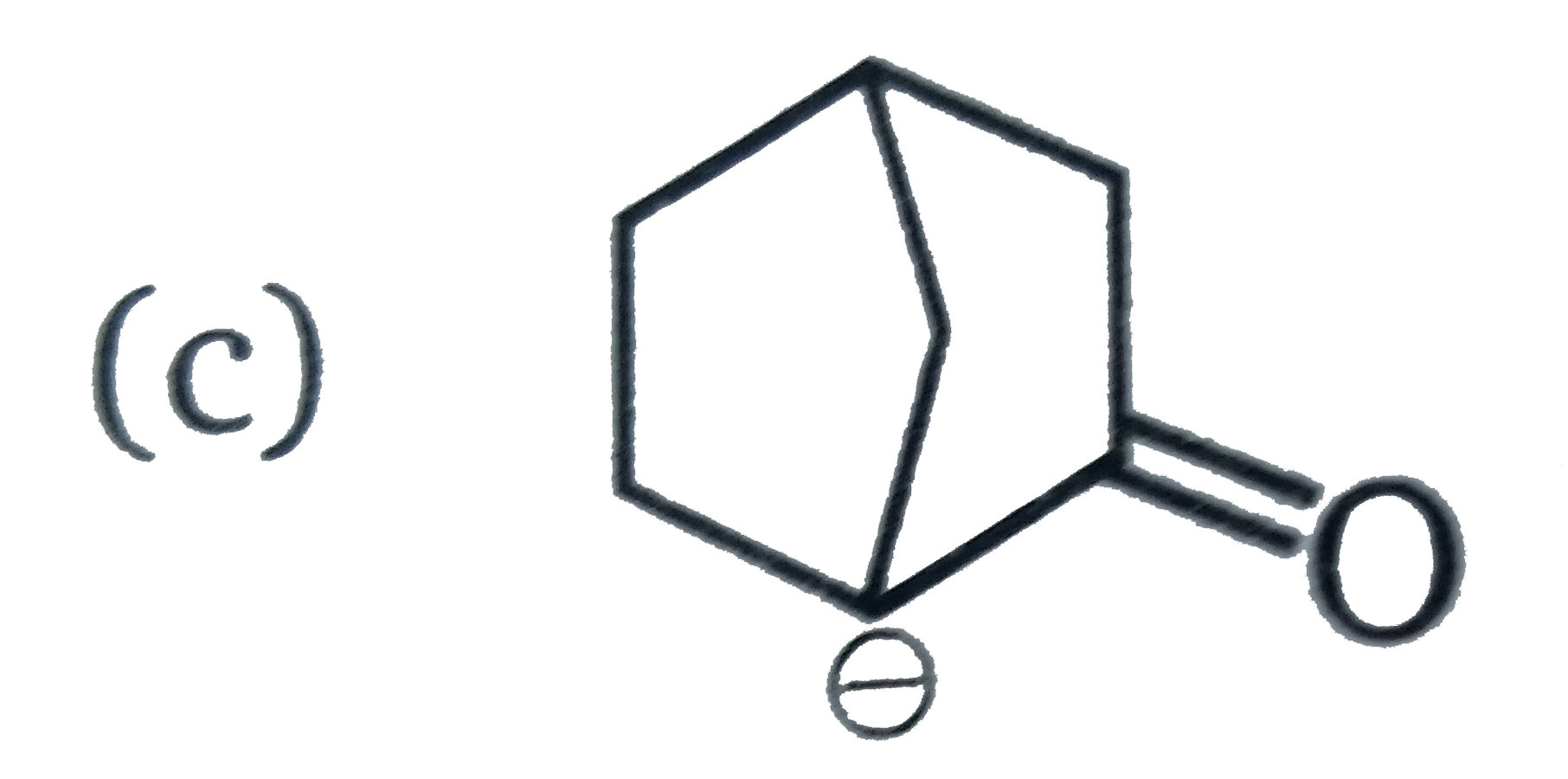 D
D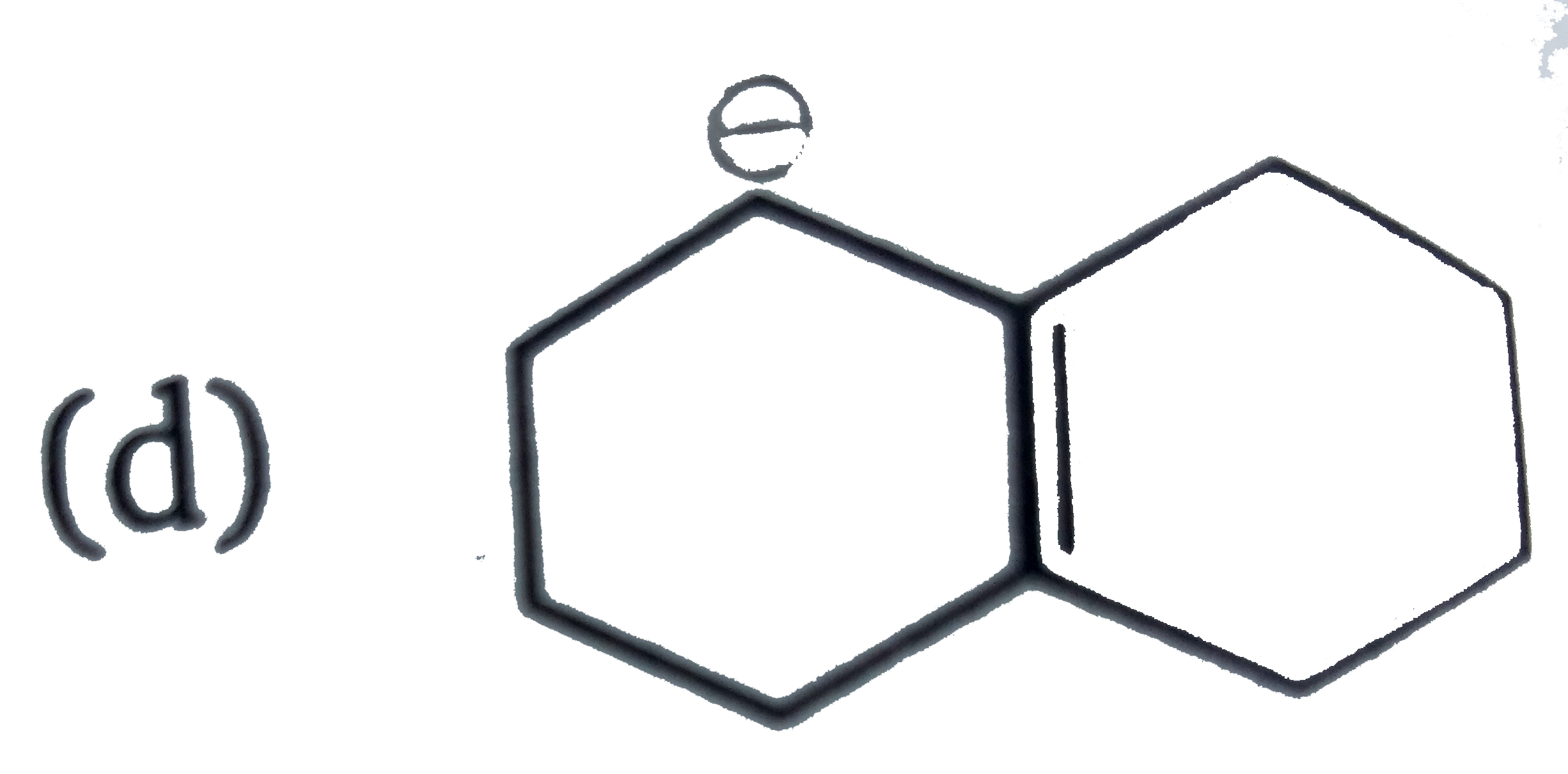
- Question 2 - Select One
Which of the following cation is not resonance stabilised ?
A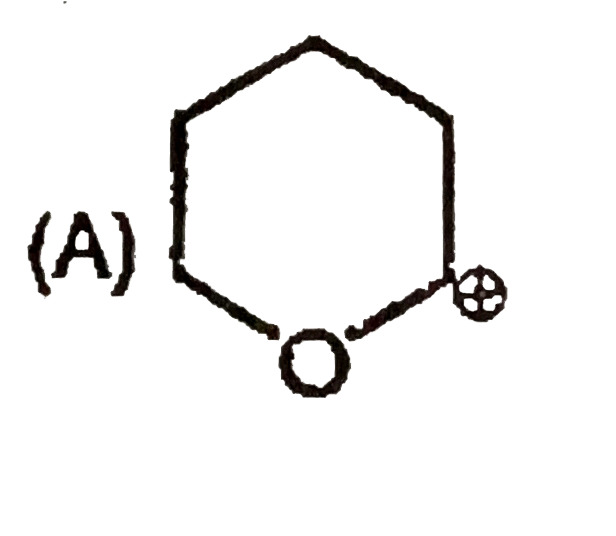 B
B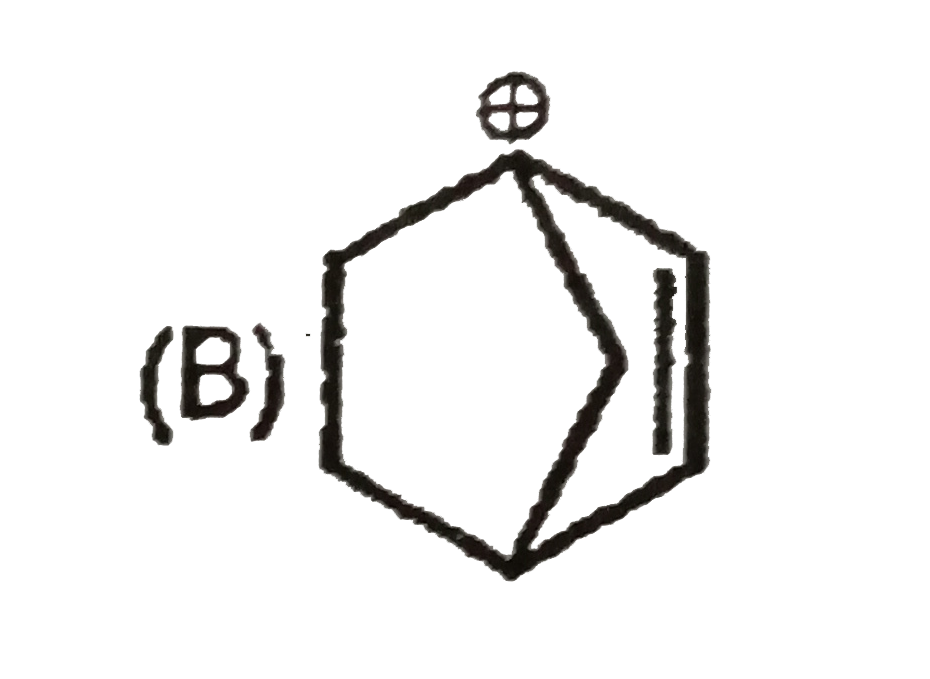 C
C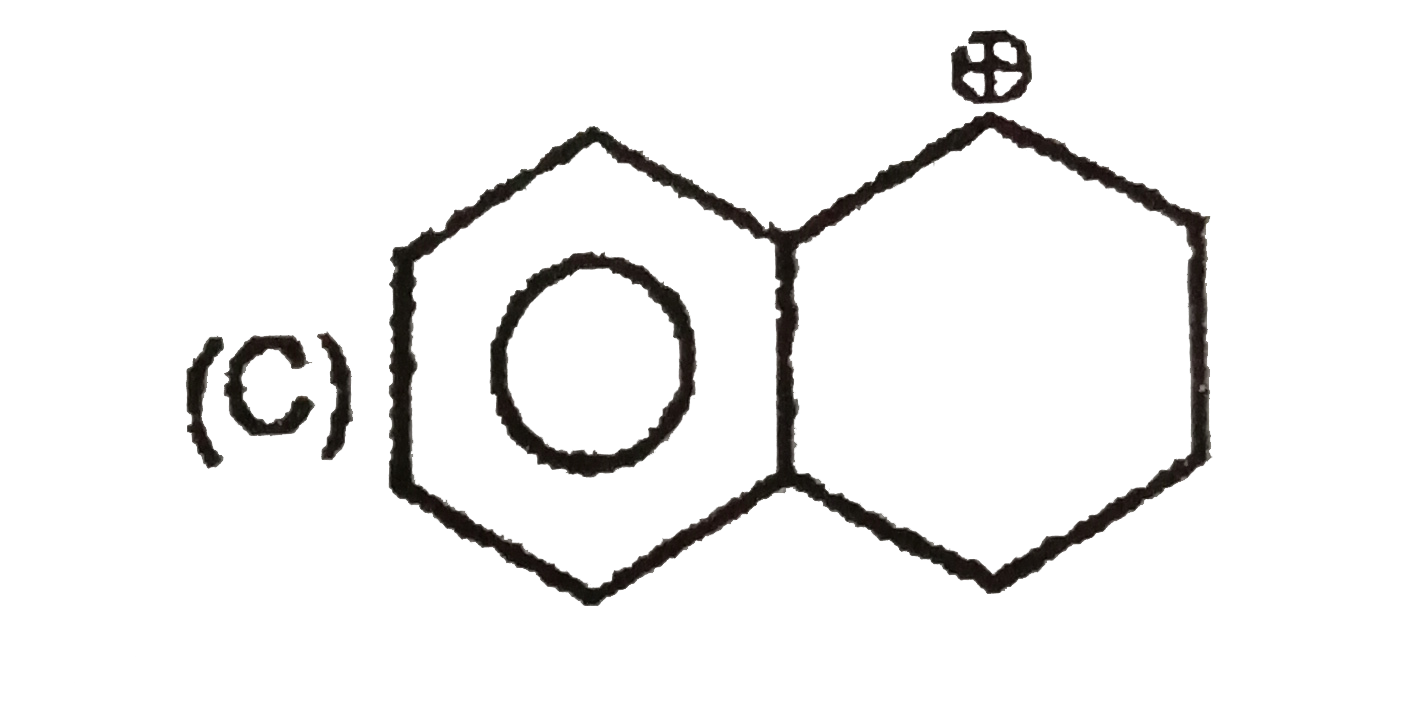 D
D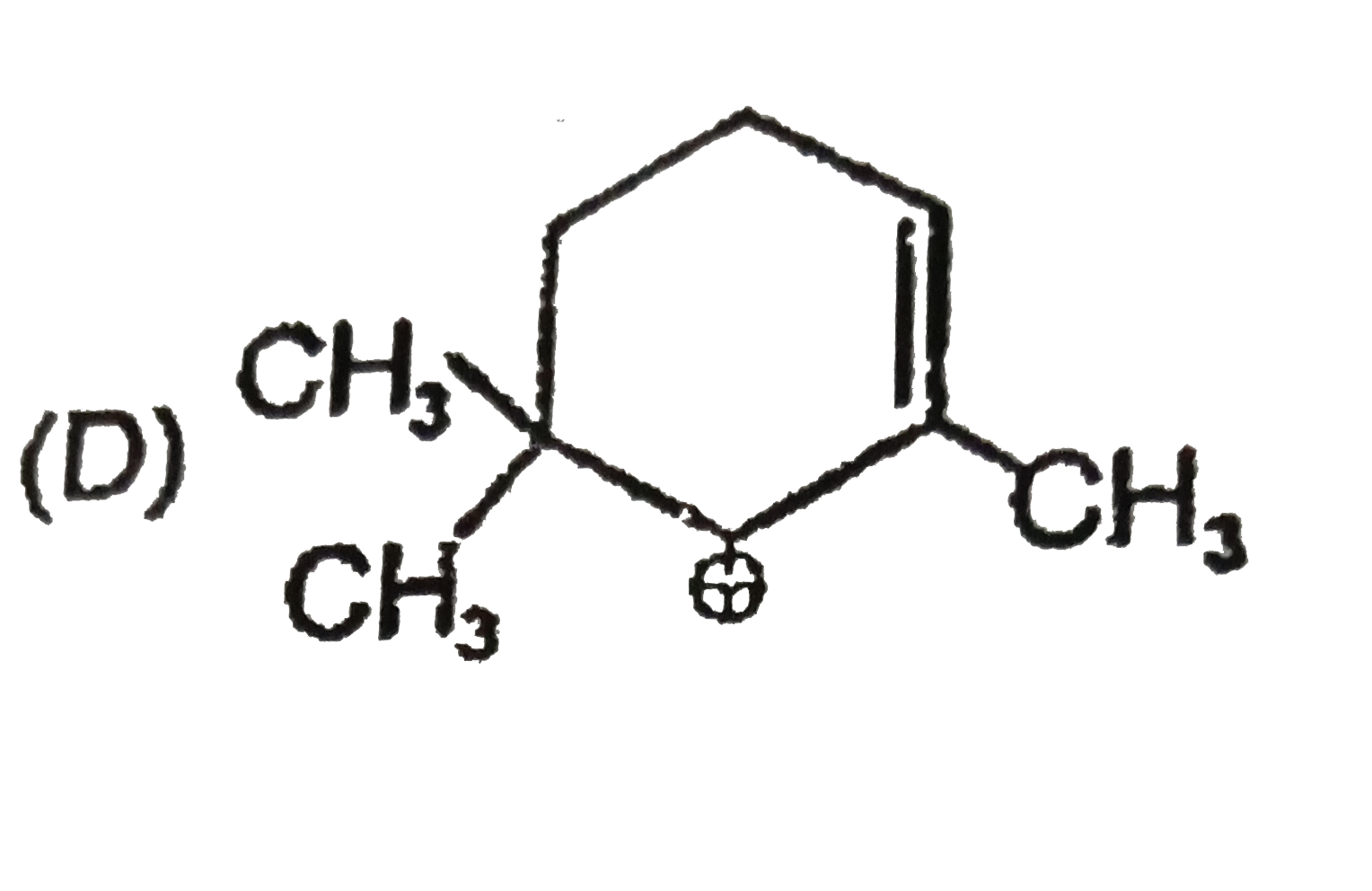
- Question 3 - Select One
Which of the following compound is not resonance stablized ?
A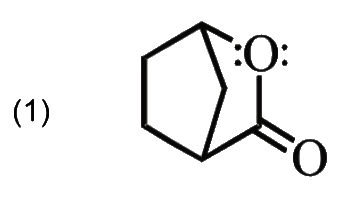 B
B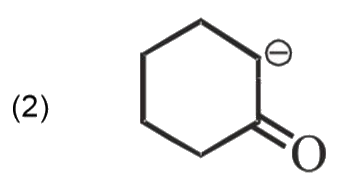 C
C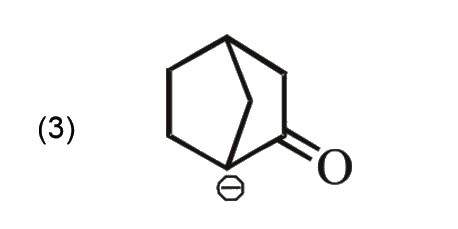 D
D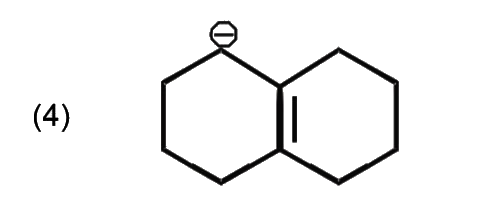
Statement-I: Phenol is more reactive than benzene towards electrophilic substitution reaction.
Because
Statement-II: In the case of phenol, the intermediate carbocation is more reasonance stablized.View SolutionWhich of the following ions is the most resonance stabilised?
View SolutionAssertion : Phenol is acidic in nature.
Reason : Hydrid for phenate ion is less resonance stabilised than hybrid for phenol.View SolutionAssertion: The pKa of acetic acid is lower than that of phenol
Reason: Phenoxide ion is more resonance stabilised.View SolutionPhenol is more reactive than benzene towards electrophilic substitution reaction.
In case of Phenol, the intermediate carbocation is more resonance stabilised.View Solution


